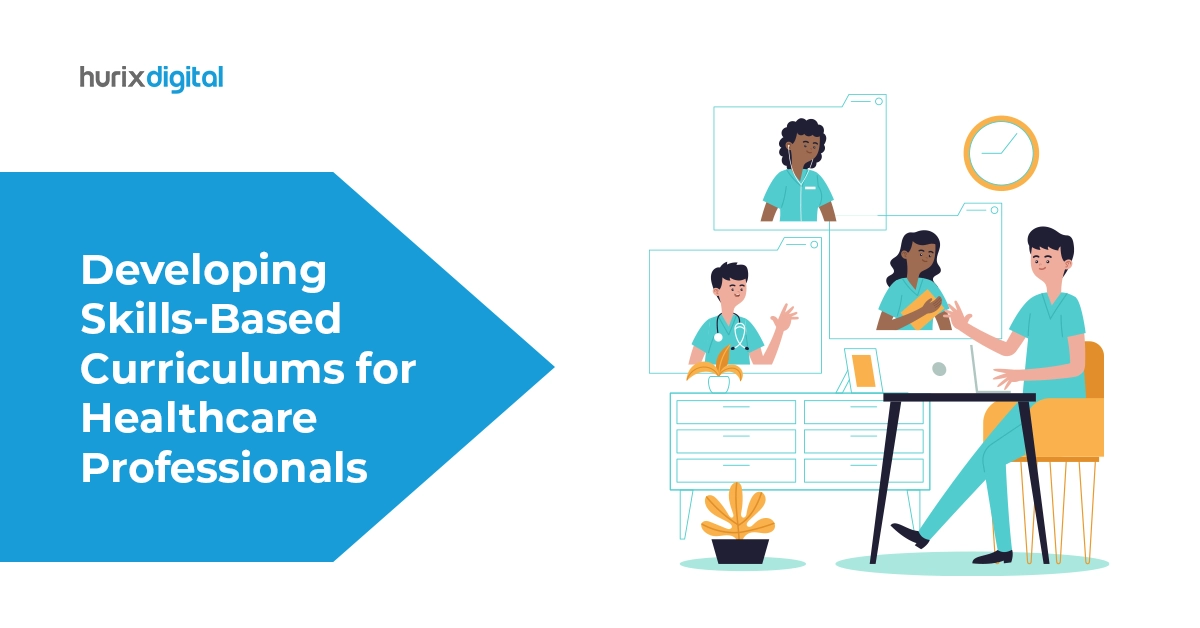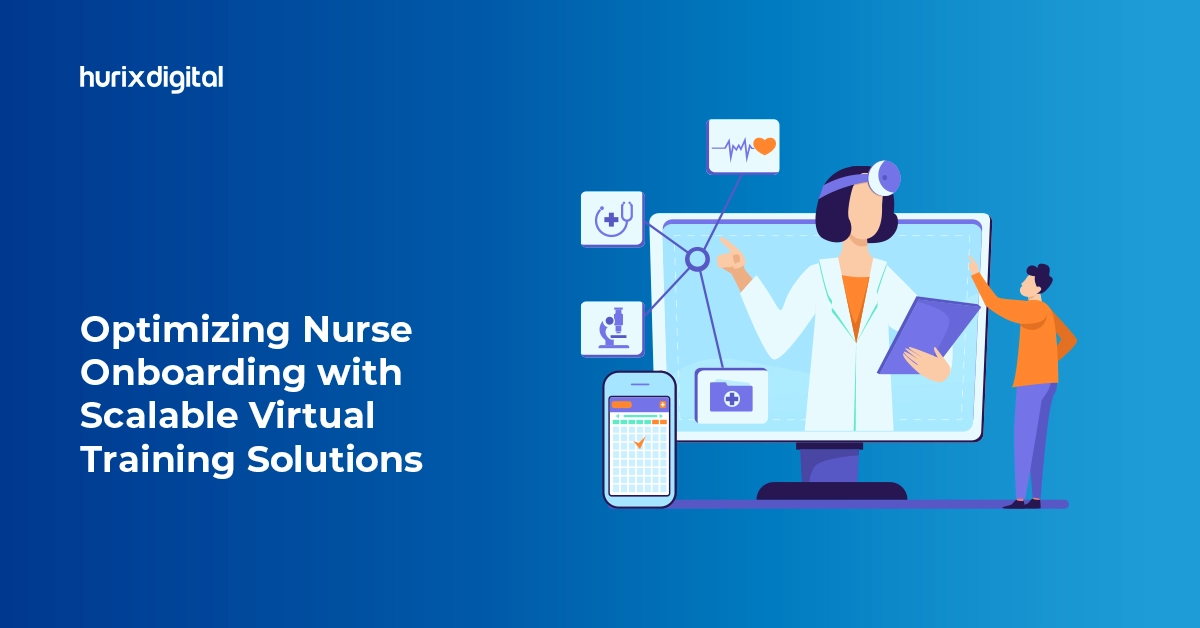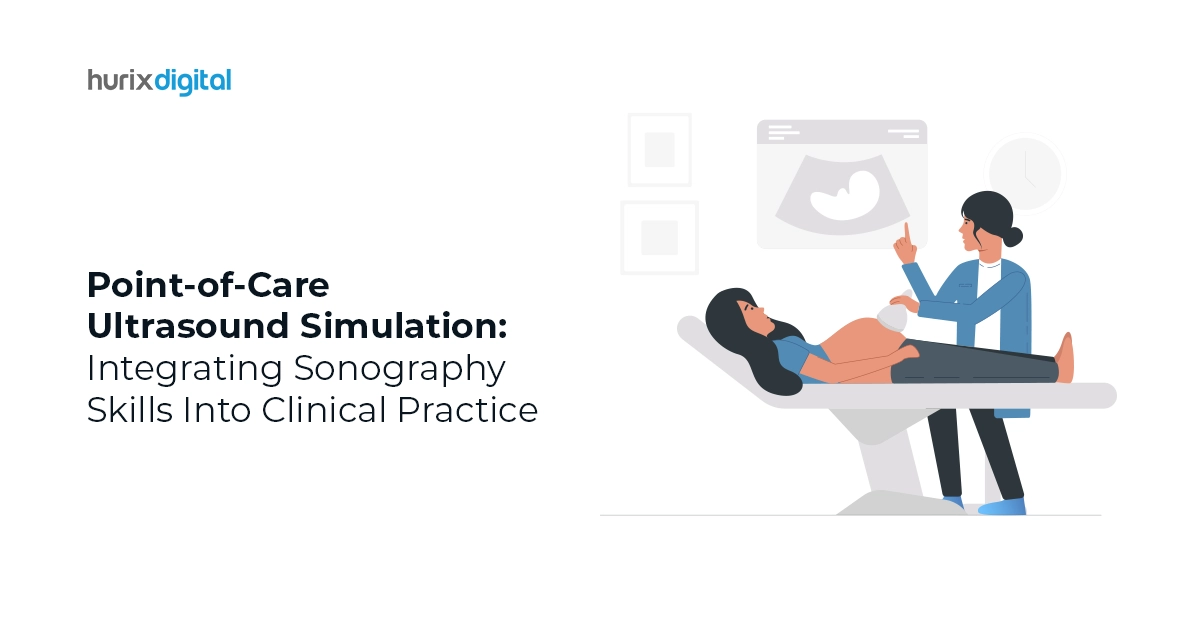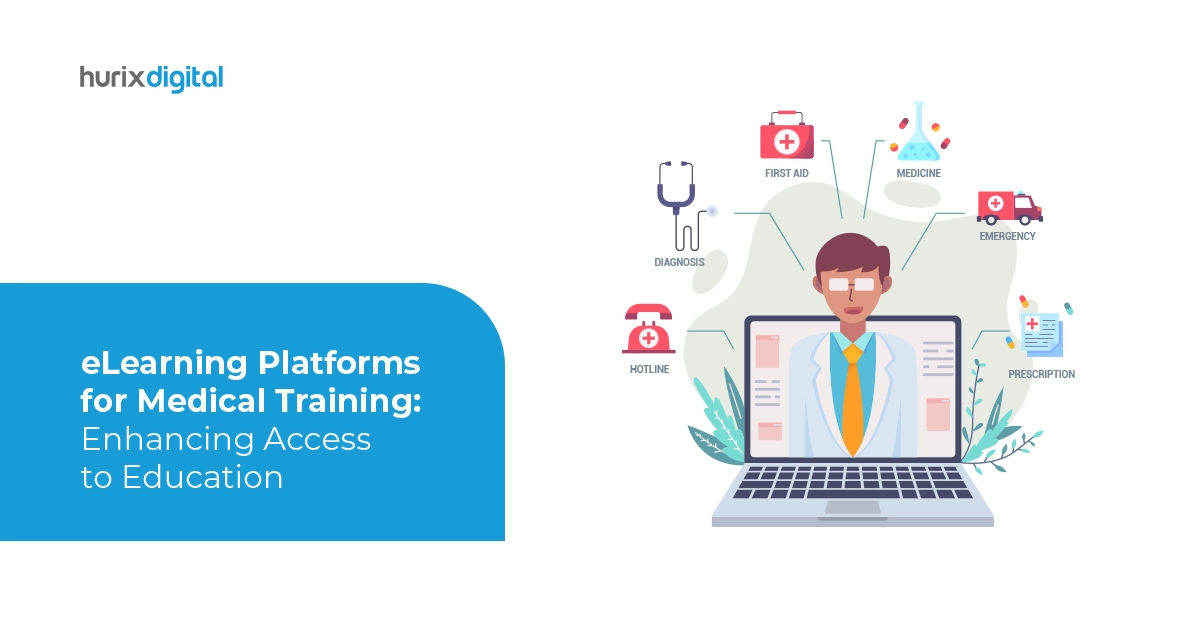
Developing Skills-Based Curriculums for Healthcare Professionals
Summary
Explore the impact of skills-based healthcare education, its benefits, challenges, and strategies for crafting competent professionals in this essential blog.
In the fast-moving healthcare sector, there is always a high demand for experts. Technological improvements, changes in the demographics of patients, and new medical solutions also necessitate that healthcare professionals possess diverse skills.
Table of Contents:
- Understanding Skills-Based Curriculums and Their Key Components
- Benefits of a Skills-Based Curriculum
- Challenges and Considerations
- Strategies for Development and Implementation
- Final Thoughts
Understanding Skills-Based Curriculums and Their Key Components
A healthcare skills-based curriculum focuses on practical abilities and competency, along with theories. Skills-based learning plans prioritize hands-on learning experiences and practical application rather than traditional educational methods, often characterized by lectures and exams. These particular curricula link theory and practice, thus enabling health practitioners to thrive in ever-changing clinical settings.
Moreover, according to a report by the World Health Organization (WHO), there has been a global trend towards skill-based education in healthcare. This shift is driven by the need to ensure that healthcare professionals are equipped with the required skills and competencies to meet the evolving demands of the healthcare industry.
Here are a few key components required to draft a comprehensive skill-based education curriculum.
-
Identifying Core Competencies: The first step towards the professional development of a skills-based curriculum is recognizing the core competencies required in a given healthcare profession. This involves comprehensive need assessment and consultations with industry experts to determine the crucial areas that require skills and knowledge.
-
Structured Learning Objectives: With the identification of core competency, objectives should be structured into a curriculum that is clearly stated and can be measured. These learning objectives for creating a competency-based curriculum serve as guides for teachers as well as students, specifying precisely what capabilities and knowledge will be gained throughout training.
-
Simulation and Hands-On Training: A lot of attention is paid to simulation and hands-on training in skills-based curricula to ensure learners have real-life experiences within controlled settings. Some useful tools in this regard include simulation labs, virtual reality platforms, and interactive case studies, among others, which can assist in reinforcing learning by permitting medical practitioners to practice their skills in situations that mimic reality.
-
Interdisciplinary Collaboration: Interdisciplinarity is inherent to the healthcare system; hence, skills-based curricula also need to reflect this aspect by creating opportunities for different healthcare professionals to collaborate on projects or during field placement. Interdisciplinary training exercises foster communication, teamwork, and a holistic understanding of patient care.
-
Continuous Assessment and Feedback: Any skills-based curriculum would be complete with assessments that help the teacher understand student progression and how they can improve. Skills checklists, peer evaluations, portfolios, online discussions, or any number of other methods provide feedback to learners throughout the course.
Also Read: 5 Tips on Improving Healthcare Website Accessibility for Patients with Disabilities
Benefits of a Skills-Based Curriculum
Mentioned hereunder are the key benefits of a skill-based education curriculum for healthcare professionals.
-
Enhanced Clinical Competence: Skill-based curricula help healthcare professionals develop clinical competence by emphasizing practical skills and real-life applications. Learners are prepared through hands-on training experiences to navigate complex clinical situations with ease and expertise.
-
Improved Patient Outcomes: Healthcare providers trained using a skills-based approach are more competent, thus improving patients’ outcomes. Clinicians can make timely and informed decisions that positively impact patients’ health and safety by sharpening their practical skills and critical thinking abilities.
-
Adaptability to Change: The medical world is constantly changing, with new technologies, treatments, and protocols cropping up daily. In this manner, skill-based curriculums enhance adaptability and lifelong learning among healthcare practitioners who need the tools necessary for such changes in times.
-
Increased Job Satisfaction: Skills-based training makes employees in health care more efficient at their duties, hence creating job satisfaction and fulfillment. Job satisfaction and engagement among doctors can be guaranteed when doctors have self-confidence in their abilities and skills, which eventually contributes to a good working environment.
Challenges and Considerations
While skills-based education curriculums have numerous benefits, they also present some challenges that educators and healthcare organizations should consider:
-
Resource Constraints: There are considerable resources for healthcare skills training like infrastructure, funding, or faculty expertise needed for developing and implementing a skills-based curriculum. Creating efficient skills-based training programs may be hindered by the lack of adequate support from healthcare organizations.
-
Faculty Development: To effectively facilitate hands-on learning experiences, instructors involved in providing skill-based education must have the required pedagogical competencies. High-quality skills-based instruction can only be provided if lecturers participate in ongoing development programs as well as faculty development initiatives.
-
Standardization and Evaluation: Maintaining consistency and uniformity across healthcare training curriculums based on skills is a challenge, especially in multi-site healthcare or academic institutions. To measure the effectiveness of skills-based training programs, setting clear criteria for evaluation is vital.
-
Integration with Traditional Curricula: It can be complicated to integrate skills-based curricula into existing educational frameworks, especially when there are established curricular structures within the academic setting. By leveraging existing resources and infrastructure, collaborative approaches can help facilitate the integration of traditional educational programs with skill-based training.
Strategies for Development and Implementation
To tackle challenges associated with designing healthcare professional skill-based curriculums, organizations may consider the following strategies:
-
Comprehensive Assessment: Carry out comprehensive needs assessments for various healthcare roles to determine the specific skills and competencies required for their success. Involve industry experts, educators, and clinicians, among other stakeholders, to ensure that the curriculum addresses present as well as future workforce needs.
-
Collaboration and Partnerships: Foster collaboration and partnerships with industry organizations, professional associations, and educational institutions to leverage expertise, share resources, and facilitate knowledge exchange. Collaborative approaches can enhance the effectiveness and sustainability of skills-based training initiatives.
-
Technology Integration: It is important to adopt and leverage technology for better skills-based training experiences such as simulation labs, virtual reality simulations, and online learning platforms. Technology-driven learning solutions can create an engaging environment that helps learners acquire skill sets effectively.
-
Continuous Quality Improvement: Implement a culture of continuous quality improvement to monitor the effectiveness of skills-based curriculums and make data-driven adjustments as needed. Collect feedback from learners, educators, and stakeholders to identify areas for improvement and refine training programs over time.
Also Read: Simulation Training for Emergency Preparedness: Readying Healthcare Workers for Crisis Situations
Final Thoughts
Holistic healthcare training curricula rely on skills that enable healthcare professionals to develop practical skills like critical thinking and real-world applications. A skilled-based curriculum prepares healthcare professionals to excel in dynamic clinical environments where quality medical care is delivered to patients. The curriculum prepares healthcare professionals by giving learners practical experiences, providing interdisciplinary collaboration opportunities, and giving continuous assessment and feedback.
Searching for a dependable platform to create an automated medical education curriculum? Hurix Digital can be your ideal partner. Hurix Digital is one of the leading names in the industry, offering cutting-edge solutions that can help you streamline your healthcare training.
Moreover, with strategic planning, collaboration, and a commitment to continuous improvement, Hurix Digital can help create comprehensive training materials for the holistic development of medical professionals. To learn more about Hurix Digital’s innovative automation solutions, click here.







